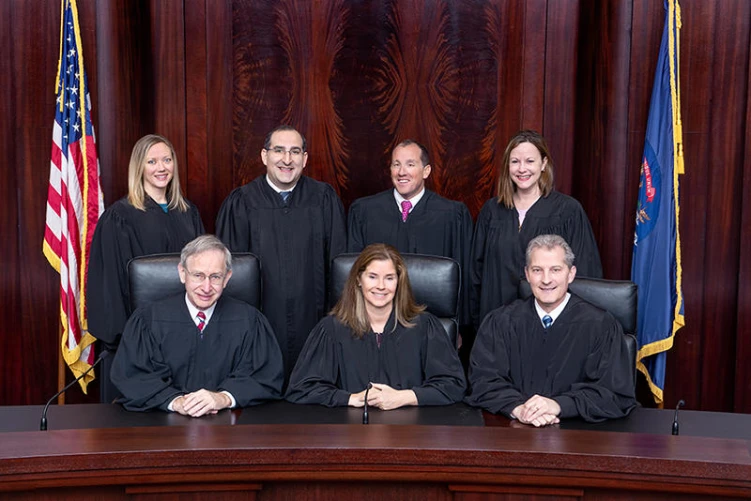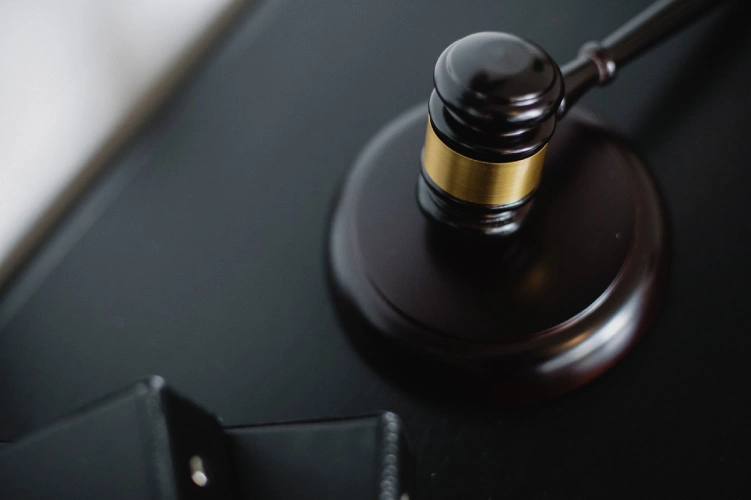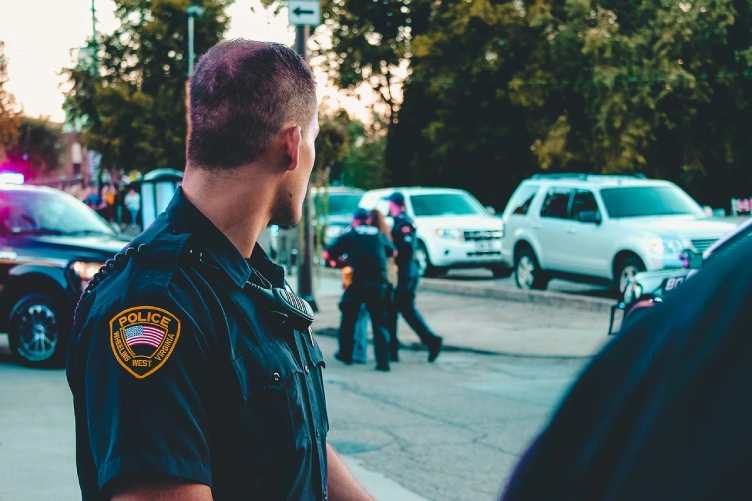- Keep a level head and find a lawyer specializing in juvenile law to help you navigate the legal system.
- Know your rights and understand the laws related to juvenile court proceedings.
- Take responsibility for mistakes and provide support, guidance, and strategies to help the teenager.
- Have open and honest conversations with teenagers about various risky behaviors to discourage them from engaging in illegal activities.
Teenagers are known for being impulsive and making questionable decisions, sometimes leading to legal trouble. While it’s easy to get caught up in the heat of the moment, teens and their parents need to understand the legal repercussions of their actions. This blog post aims to provide legal tips for teenagers and parents when dealing with legal issues, including what to do if your teenager is arrested and how to avoid future legal problems.
1. Stay calm and lawyer up:
The first thing you need to do if your teenager is arrested is to stay calm. It’s understandable to feel overwhelmed and stressed, but keeping a level head to navigate the legal system effectively is essential. Immediately contact a lawyer experienced in juvenile law for legal guidance. Your lawyer will explain the rules and procedures specific to your case. They may also provide vital advice about what you should say to the arresting officer and how to plead during your hearings.
You may also contact a lawyer with expertise in your teen’s case. For one, many teenagers engage in drug-related activities involving significant legal problems, such as illegal use and possession. An expert drug crime attorney with a deep understanding of the criminal justice system and associated laws can help ensure your teen gets an appropriate sentence. They may also be able to negotiate a plea deal in exchange for leniency.

2. Know your rights:
Regardless of whether your teenager is guilty or not, it’s essential to know their rights. The law provides several protections to juveniles, such as the right to remain silent, the right to an attorney, and the right to a fair trial. Depending on the charges, your teenager may also be eligible for diversion programs or community service instead of sentencing to a juvenile detention center. Ensure you know these rights to protect your teenager’s legal interests.
You should also contact your state’s Department of Juvenile Justice to learn about the laws in place for juveniles. Many states have specific rules and procedures related to juvenile court proceedings, such as who can attend the hearings and how long your teenager can be detained.
3. Take responsibility
As a parent, you are responsible for taking care of your child and ensuring they learn from their mistakes. If your teenager is guilty of a crime, you must accept responsibility for their actions. By acknowledging your teenager’s mistakes, they can take ownership of their legal situation and focus on making amends. Encourage your teenager to take responsibility for their actions, and help them to develop a plan of action to address their legal problems. Consider the following:
a. Counseling
When your teenager faces legal trouble, counseling can be a valuable tool for helping them develop critical life skills and coping strategies. A therapist or counselor can provide support, guidance, and strategies to help teens manage their emotions and make more responsible decisions.
b. Community service or programs
Sometimes, your teenager may be eligible for community service or participation in a diversion program as an alternative to sentencing. These programs can help teenagers learn valuable life skills, understand the repercussions of their actions, and develop better decision-making abilities.

c. Staying informed
It’s essential to stay informed about your teenager’s legal case by regularly consulting with their lawyer and attending all court hearings. Understanding the legal system is necessary to make informed decisions about your teenager’s case.
d. Apologizing
If your teenager has committed a crime, they should apologize to the victim and their family for any harm done. This is an essential step toward taking responsibility for their actions and making amends.
4. Prevention is key
The best way to avoid legal trouble for teenagers is to prevent it from occurring. It starts with communication between parents and their teenagers. Parents should talk openly and honestly with their teenagers about drugs, alcohol, and other risky behaviors. Set clear rules and expectations early on and enforce them consistently. Conversations about peer pressure and social media use are crucial to preventing legal problems. By having these discussions early and often, teenagers can make better decisions and avoid the pitfalls of legal trouble.
As a parent or teenager, facing legal trouble can be overwhelming and stressful. However, teens can avoid future legal issues by understanding the legal process and taking responsibility for their actions. Taking the time to educate yourself about your rights and responsibilities and staying informed is essential to ensure a positive outcome for your legal situation. With proper knowledge and resources, you can confidently navigate the legal system.



